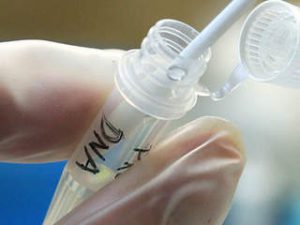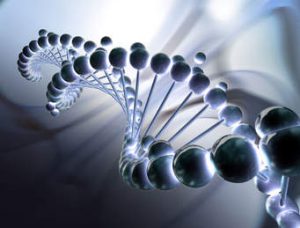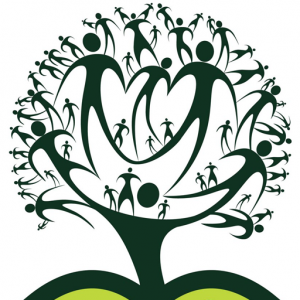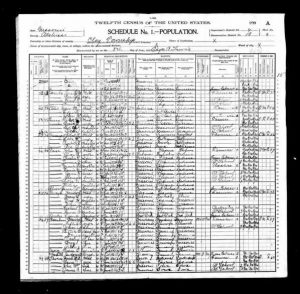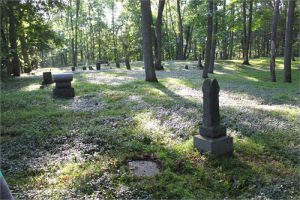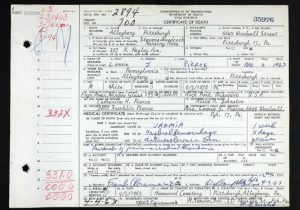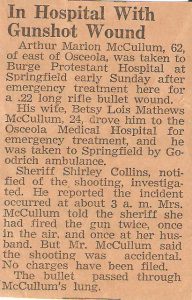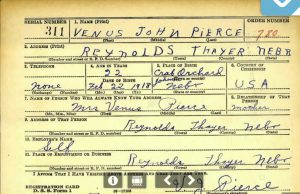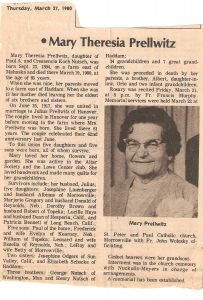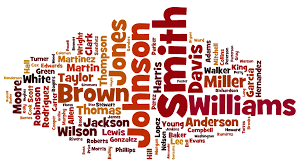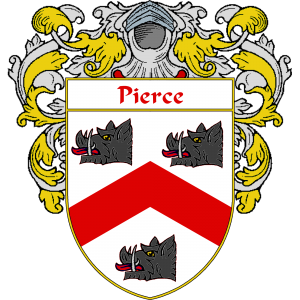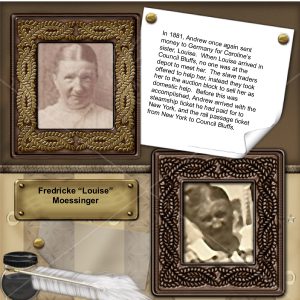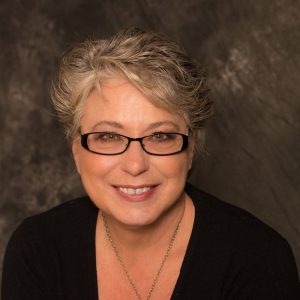When researching your family tree one of the most exciting things to do is to visit the places that your ancestors lived. To stand on the soil that they stood, travel the same roads that they traveled and imagine what how different those areas were while they were living.
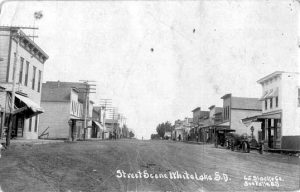
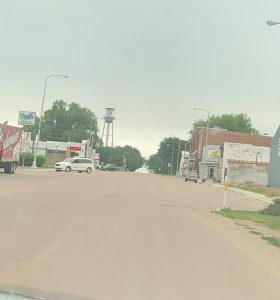
I recently took a little genealogy trip to South Dakota to do a bit of exploring in the area that my grandmother Marie Blum Pierce was born. My goal was to search out the homestead where she was born. Though I’m pretty sure we were in the area we were unable to locate it from the old platt map that I had. I did take the opportunity to visit the cemetry at White Lake and located the graves of several ancestors, namely William Blum who was the brother to my Great Grandfather Andrew, and Caroline Moessinger (pronounce maysinger) Blum (Williams wife) and sister to Andrews wife, Louise Moessinger Blum.
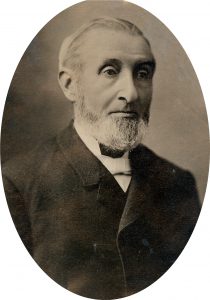
1848–1922
BIRTH 22 MAR 1848 • Köndringen, Emmendingen, Baden-Wuerttemberg, Germany
DEATH 20 SEP 1922 • White Lake, South Dakota
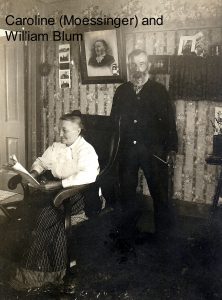
1853–1928
BIRTH 13 SEP 1853 • Koendringen, Germany
DEATH 22 AUG 1928 • South Dakota
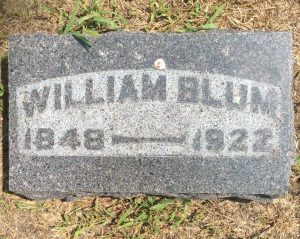
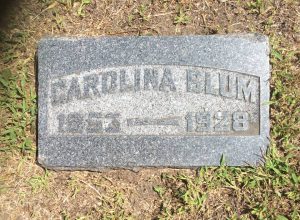
The Blum family history begins with the Baden Rebellion of 1848. Baden was ruled autocratically by an individual. Wurttemberg was ruled by a king. People had nothing to say about political appointees. Taxes were levied partially. There was unrest all over central Europe and real hardship in Baden.
The largest flow of German immigration to America occurred between 1820 and World War I, during which time nearly six million Germans immigrated to the United States. From 1840 to 1880, they were the largest group of immigrants.
German Immigration to America increased significantly following the European Revolutions of 1848 within the German states in which rebels fought for unification of the German people. The failure of the revolutionists led to a wave of political refugees who fled to the United States, who became known as the Forty-Eighters. The Forty-Eighters helped to developed the beer and wine making industries in the US.

1851–1936
BIRTH 13 AUG 1851 • Landeck, Emmendingen, Baden-Wuerttemberg, Germany
DEATH 11 MAR 1936 • Trinity Cemetery, Murdock, Cass, Nebraska
great-grandfather
ANDREW BLUM
Andrew was born August 18, 1851 in Kondringen, Baden, Germany, to Karl and Marie Barbra (Schiller). He lived in the home of his parents and aided them in their struggles until the age of twenty. He then obtained work in a brewery where he remained until the year 1876, when he secured passage on a frieghter at the French Port of LeHarve at the age of 25. He shoveled coal for the boilers to produce steam to propel the ship. The ship traveled by way of Africa before landing in New York City. Polk’s city directories list Andrew as a maltster for breweries in Council Bluffs and Omaha. Andrews well muscled back aided him in getting work as a maltster in breweries. A maltster, as explained by Andrew, is one who observed one of the brewing processes. It meant that even at 2 or 3 in the morning on occasion to move by scoop brew to prevent it from getting too hot. Visualize mounds of barley mixed with hops and moisture to start the fermentation process. Andrew worked in breweries in New York, and Cincinnati as he migrated westward. He worked in the Anheuser-Bush breweries in St. Louis, Missouri from the years 1876-1880. He then traveld to the Omaha-Council Bluff area where he worked in the breweries as a maltster.
In 1880, when Andrew arrived in the Omaha/Council Bluffs area, He stayed at a boarding house where he met a man by the name of Adolf Storz. Andrew taught him the fundamentals of the brewing business, with the use of malt, hops, barley, yeast, and water. From this friendship and the advice of Andrew, Adolf Storz started his own brewery which was named after him, the Storz Brewing Company.
WILLIAM AND CAROLINE (MOESSINGER) BLUM
In 1880 Andrew sent money to Germany for his brother, William and his wife, Caroline (Moessinger), and their four children, Charles, Mary, Fred, and Lena, to come to America. Andrew purchased them a home in Omaha and helped William gain work in the brewery as a laborer.
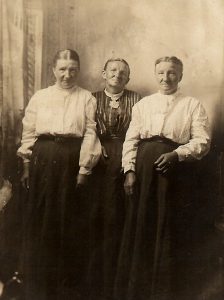
LOUISE MOESSINGER
In 1881 Andrew once again sent money to Germany. This time it was for Caroline’s sister, Louise Moessinger. When Louise arrived in Council Bluffs, Iowa there was no one at the depot to meet her. The slave traders offered to help her but instead took her to the auction block to sell her as domestic help. Can you even imagine the releif she must have felt when Andrew arrived with the steamship ticket he had paid for to New York, and the rail passage ticket from New York to Council Bluffs? Can you imagine being a young girl in a new country with a language barrier standing between you and your destiny? I myself would have sit down and cried and perhaps she did.
Andrew and Louis were married 27 June 1881 in Council Bluffs, Iowa. Their first child, a daughter, Ida was born 23 Jan 1882 in Omaha, Nebraska.
THE MOVE TO SOUTH DAKOTA
In 1882, Andrew and Louise, and his brother, William and Louise’s sister, Caroline, were among the first homesteaders to settle in Aurora County, South Dakota. Andrew on a 160 acre tract of land. William on another. Subsequently Andrew acquired another 160 acres of land through a timber claim.
GUSTAV AND FREDRICKA (HODEL) BLUM
Successively in 1883 Andrews brother, Gustav Blum, to come to America. Gustav married Fredricka Hodel, 22 August 1883 in Council Bluffs, Pottawattamie, Iowa.
Gustav and his wife resided in the White Lake, South Dakota area until the summer of 1889, when they moved to Franklin, Kentucky. In 1892, they relocated to Galena, Illinois, and resided there the rest of their days.

1855–1919
BIRTH 17 MAY 1855 • Köndringen, Emmendingen, Baden-Wuerttemberg, Germany
DEATH 17 OCT 1919 • Galena, Jo Daviess, Illinois, United States
2nd great-uncle
In 1885, Andrew once again sent money to Germany for his brother Martin Blum and his wife Caroline (Hodel), a sister of Fredricka (Gustuv’s wife). Martin and Caroline were married 10 Feb 1881 in Kondringen, Baden, Germany. Andrew procured work for Martin at the Storz Brewing Company in 1886 and Martin became a successful brewmaster at the plant.
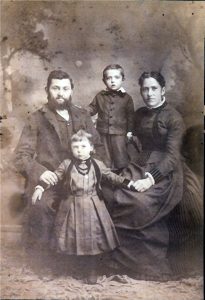
In 1886 and 1887 Andrew worked as a carpenter and lived at 2501 Center Street, Omaha.
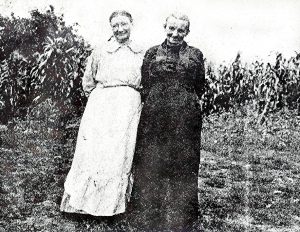
Though I never found the homestead we enjoyed searching the countryside for it. If you are a relative and get the chance to do some exploring..here is a map that was given to me. If you zoom in on it you will see that all of the brothers had homesteads in the area.
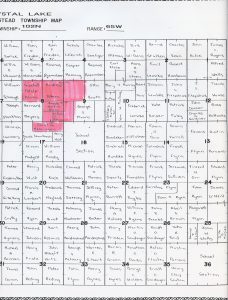
More on the Blum History to be continue.
Thanks for stopping in. Please leave a comment before you go, or questions if you have them.
Happy Hunting.

